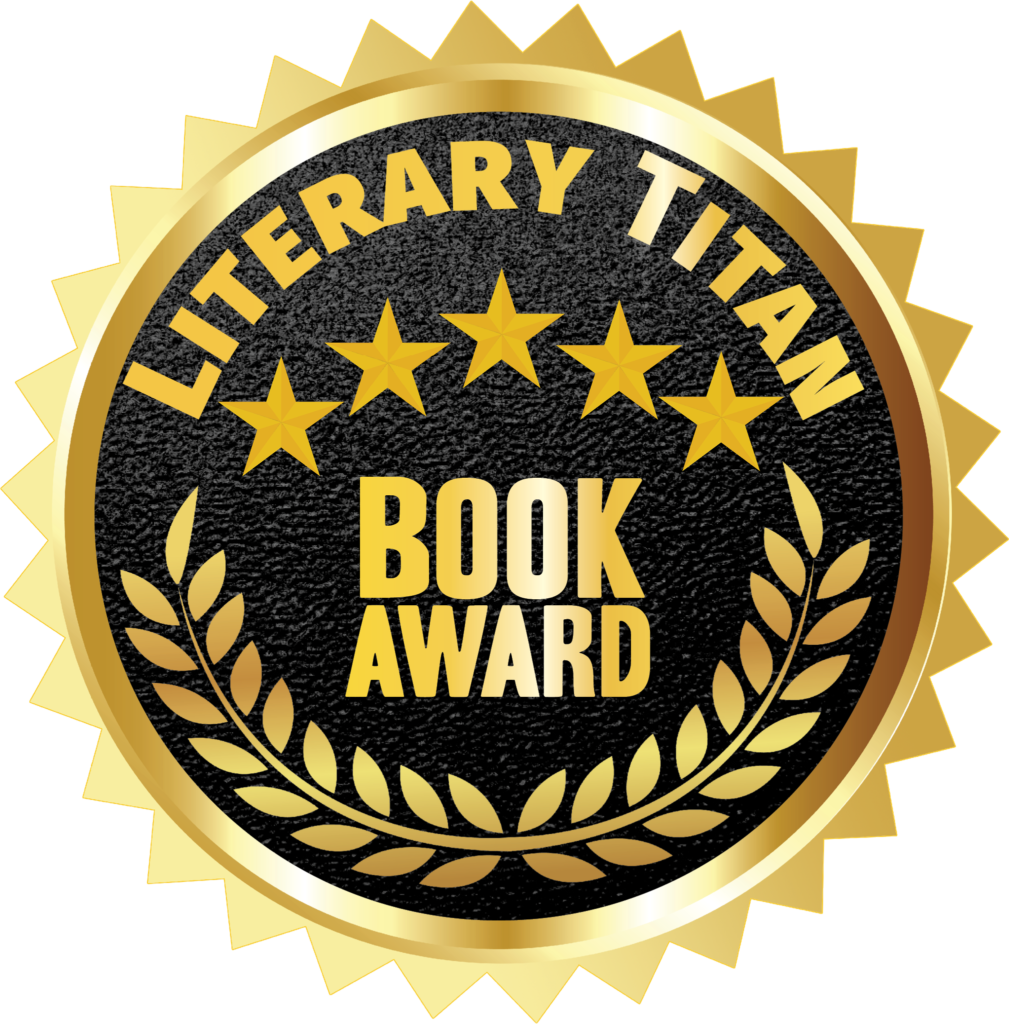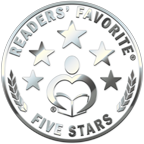I’m in the middle of edits on The Alchemical Tales #6–a place which once seemed daunting. But as I worked through my first draft yesterday, I realized I’ve gotten revising down to a science! Today, I’m sharing a few of the practices I’ve learned in a mini “Revising Tips 101” course. 😉
Here are the most important things I try to keep in mind when revising:
1. Read Carefully.
Whether you have someone else’s edits (a professional editor’s suggestions, beta readers, etc) to guide you or not, part of editing is re-reading your first draft. I find it can get tempting to skim–I find myself thinking, okay, yeah, this is the part where Red describes the university, I remember that well enough. But even if it’s true, I try to slow down when I notice a thought like that. Reading closely is how you notice discrepancies not only in descriptions, but also in tone and movement.
2. Prioritize (And Remain Clear)!
I find it’s best not to try to EDIT ALL THE THINGS at the same time. When I worked in a college writing center, we were taught to focus on “macro” issues during our first pass through a paper: things like structure, argument, and consistency. “Micro” issues like grammar, spelling, and punctuation would be addressed later. In part, this is because if you spellcheck an entire paragraph only to realize it’s redundant and cut it out later, you’ve wasted time.
I approach editing novels with a similar attitude. My first revision is the “big” one, where I prioritize filling in plot holes, fleshing out characters, and adding or taking out scenes. Later revisions can deal with little details like standardizing the spelling of names, grammar, and–always–checking all the offhand “I met so-and-so two years ago” type remarks. (A series timeline is so essential!) The reason I emphasize sorting out your priorities and remaining clear about them is because it’s easy to get distracted. Especially if you don’t want to deal with the current plot hole, and find it easier to hide in a rabbit hole of who met who when. 😉
3. Use “Comment” Features!
I adore the “comment” function. Some people do their editing longhand or write themselves paper notes, which I get–I do keep a paper notebook for story thoughts, too. But I’ve found it’s most helpful for me to edit directly in the document. I use Google Docs, but most word processing programs have commenting functionality.
So, why are comments helpful? As I’m reading–sometimes even as I’m writing–if I know I’ve forgotten a proper name, or used the wrong date, or want to replace a red herring with something better but I’m just not sure what to do at the moment, I make a comment on the relevant text. I know I will see the comment later, so my anxiety about remembering to fix the problem is eased. I can move on and focus on the next thing. This is helpful when you’re doing your “macro” edits, as outlined in the step above: maybe you’re reading very closely and you recognize a tiny mistake, but are focused on a larger problem at the moment. So make a comment and come back later! 🙂 Then in “micro” edits, just make sure to clean up and address all those comments. I find there’s always some that resolve themselves.
Et Voila!
These are the three ground rules I’ve developed for editing the Alchemical Tales. I’m sure there are many more, though–including some I’ve forgotten, due to Editing Brain. 😉 As such, there may soon be a follow up to this post . . . But in the meantime–happy writing!
Psst! Could you use a little help?
I’ve added coaching, research assistance, and classes to my offerings! Check out my author services and group workshops. It may be a tough, dark world out there, but together we can share some light.

Want to Keep in Touch?
Options! You can sign up for my newsletter, which comes out twice a month and includes sneak peeks, book recommendations, cat pictures, and a round up of recent blog posts. Or, you can subscribe to the blog itself, to make sure you never miss an upcoming release. You can also do both! Either way, I’ll never share your info, and I’m looking forward to sharing with you again. 🙂
Newsletter:
Blog:






1 Pingback